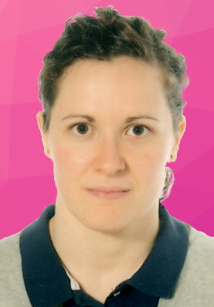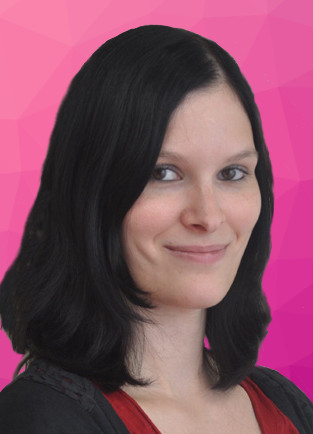The world is changing, and globalization is becoming more and more important. Work environments and other institutions are becoming more international. But to which extent are universities open to graduates from other countries? I interviewed four students from different countries and nationalities and asked them about their universities and the opportunities they have been given during their studies to experience other countries.
Exchange and Cooperation Programs
With the introduction of the Erasmus program, many universities are now hosting graduates from other countries for a semester or more. Most of these are also offering courses in English for international students who might not speak the local language. The University of Florence, Italy, and the University of Paris-Sud, France, are examples: both offer some courses in English and are open to the Erasmus program, with students from other EU countries, but not only, visiting the universities. The Erasmus program is a EU student exchange program. It allows graduates to spend a semester or a year abroad visiting another university in the European Union.
A different way to open the university to international learners is through cooperations. The University of Paderborn, Germany, has a deal with the Qingdao University of Science & Technology, China, with students being able to do their Bachelor or Ph.D. thesis in the other university. The courses in Paderborn are in German though, so a good knowledge of the local language is needed. Nonetheless, many undergraduates have the opportunity to be exposed to a different culture and get out of their comfort zone to make new experiences. Kristin Leyerer, for example, did her Bachelor thesis in a Lanxess research institute in Qingdao. She made that decision because she was interested in Chinese culture and had learned some Chinese before. Another reason for her choice was that she was still indecisive about which field of chemistry she wanted to specialize in, so looking at how research works in industry seemed like a good idea to her.
Study and Work
Some institutions give the students the possibility to undertake a work placement. The University of Paris-Sud has compulsory summer internships, which can be done anywhere. Jules Brom went to Singapore and to Germany for these internships, using English to communicate with his supervisors and colleagues. My university, the University of St Andrews, UK, offers the possibility to undertake an external placement in the 4th year of studies. I will be starting my placement this coming September in Germany, while other classmates of mine are going to France, Switzerland, or Sweden.
The Aristotle University of Thessaloniki, Greece, might only offer few English-taught courses, but in the chemistry department, most graduates and professors are fluent in English. International students can do their Master thesis without the need to learn Greek, as Natalia Manousi told me. The university is very large and people mostly come from Greece and Cyprus, but students from all over Europe come every year for an exchange.
As you can see, there are many opportunities for undergraduates, but not only them, to study or work abroad. These exchanges are, in my opinion, very important as they give students an opportunity to experience other cultures and environments, and promote communication skills, which are very important for any kind of job. The exchange of opinions and of different ways of solving problems can be very beneficial and will surely be of help—sometimes seeing things differently can bring us an answer to a problem we thought we could not solve.
Where to Go After Your Master’s
Another question I asked the students was which country they thought was a good one to do a Ph.D. or post-doc in. Elisabetta Bucaletti and Jules Brom both thought the U.S. was a good choice. Natalia Manousi mentioned Austria, Switzerland, and Denmark because graduates in these countries receive financial assistance, which is very difficult to obtain in Greece. Finally, Kristin Leyerer said that more than the country, the group is the most important thing and that students, in her opinion, should look for a group that fits their research interests and that has a good working atmosphere.
Personally, I agree with Kristin on the fact that a good working atmosphere, as well as interesting research, are very important. However, I also think that financial assistance is an aspect to consider. Maybe not the most important one, but still a good one to keep in mind.
Thanks to all the students who participated in this project.
 |
Elisabetta Bucaletti is Italian and she is currently pursuing a Master’s degree at the University of Florence, Italy. |
 |
Jules Brom is French and is pursuing a Master’s degreeat the University of Paris-Sud, France. |
 |
Kristin Leyerer is German and completed her Ph.D. at the Saarland University, Saarbrücken, Germany. |
 |
Natalia Manousi is Greek and is pursuing her Ph.D. at the Aristotle University of Thessaloniki, Greece. |
 |
I am Italian and I am currently pursuing a Master’s degree at the University of St Andrews, UK. |
Also of Interest
- Open-Minded and Adaptable – Working in an International Environment,
Alice Missio,
ChemViews Mag. 2019.
https://doi.org/10.1002/chemv.201900074 - The Ins and Outs of a Ph.D. Across Continents,
Torsten John,
ChemViews Mag. 2018.
https://doi.org/10.1002/chemv.201800011
Why would someone do a joint Ph.D. project across continents? What are advantages and challenges?




